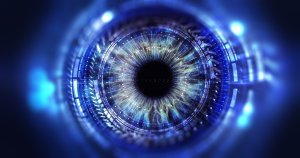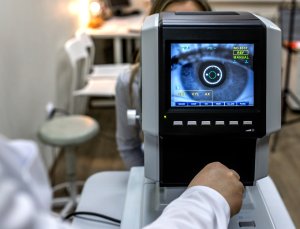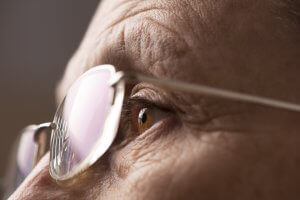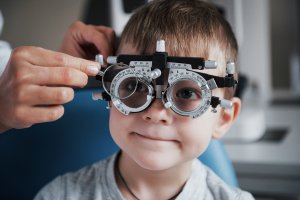Retinal Eye Care Education At a Glance

Voted Best of Berks—
eight years in a row!

Things to know and remember:
- Diabetic eye disease comprises a group of eye conditions that affect people with diabetes. These conditions include diabetic retinopathy, diabetic macular edema (DME), cataract, and glaucoma.
- All forms of diabetic eye disease have the potential to cause severe vision loss and blindness.
- Macular Degeneration is a leading cause of blindness in people over 60.
- There are two forms of age-related macular degeneration — dry and wet.
- AMD causes no pain, but an early symptom of wet AMD is that straight lines appear wavy. The most common symptom of dry AMD is slightly blurred vision.
- Symptoms of a retinal detachment include a sudden increase in the number of specks floating in your vision (floaters), flashes of light in one eye or both eyes, a “curtain” or shadow over your field of vision.
- Retinal detachment can happen to anyone. If you have an eye injury or trauma (like something hitting your eye), it’s important to see an eye doctor to check for early signs of retinal detachment.
Find a Doctor
Physician information including education, training, practice location and more.
Schedule an Appointment
Call 800-762-7132 or make an appointment online.





